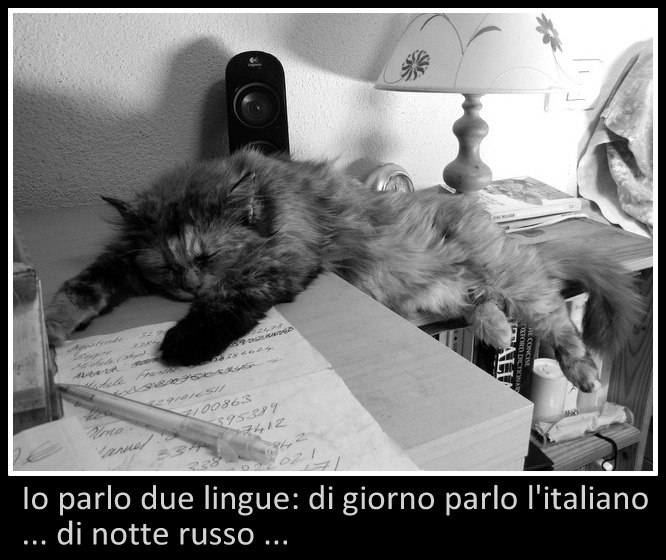The Italian Indefinite Article Posted by Geoff on Jan 22, 2018 in Grammar
Last week we looked at the six variations of the articolo determinativo (definite article). Today we’re going to turn our attention to the slightly less complex articolo indeterminativo (indefinite article).
Whereas in English there are just two indefinite articles: a and an, in Italian we have three: un, uno, and una. Let’s find out how we use them:
for masculine nouns beginning with a consonant, apart from x, z, gn, ps, and s followed by another consonant, we use un
examples:
un cane = a dog
un coltello = a knife
un fagiolo = a bean
un fucile = a rifle
un cucchiaio = a spoon
for masculine nouns beginning with x, z, gn, ps and s followed by another consonant we use uno
examples:
uno xenofobo = a xenophobe
uno zoo = a zoo
uno gnomo = a gnome
uno psicologo = a psychologist
uno scarpone = a boot
uno sci = a ski
uno specchio = a mirror
for masculine nouns beginning with a vowel we use un. N.B. because un ends with a consonant it doesn’t need an apostrophe in front of a vowel
examples:
un uomo = a man
un albero = a tree
un orologio = a watch
un ombrello = an umbrella
un italiano = an Italian
for feminine nouns beginning with a consonant we use una
examples:
una casa = a house
una ragazza = a girl
una farfalla = a butterfly
una mela = an apple
una formica = an ant
for feminine nouns beginning with a vowel una becomes un’
examples:
un’arancia = an orange
un’attrice = an actress
un’idea = an idea
un’amica = a female friend
un’estate = a summer
If you refer back to last week’s post, How To Use The Italian Definite Article, you’ll notice that:
un (a/an masculine) corresponds to il (the)
hence: un cane – il cane
uno (a/an masculine) corresponds to lo (the)
hence: uno scarpone – lo scarpone
una (a/an feminine) corresponds to la (the)
hence: una mela – la mela
un’ (a/an feminine) corresponds to l’ (the)
hence: un’attrice – l’attrice
Remember that we do not abbreviate un with an apostrophe in front of a masculine noun beginning with a vowel.
Hence we say: un uomo not un’uomo, and un albero not un’albero, etc.
Next up will be a quiz based on the Italian definite and indefinite articles.
Rimanete sintonizzati! (Stay tuned!)

Build vocabulary, practice pronunciation, and more with Transparent Language Online. Available anytime, anywhere, on any device.





Leave a comment: